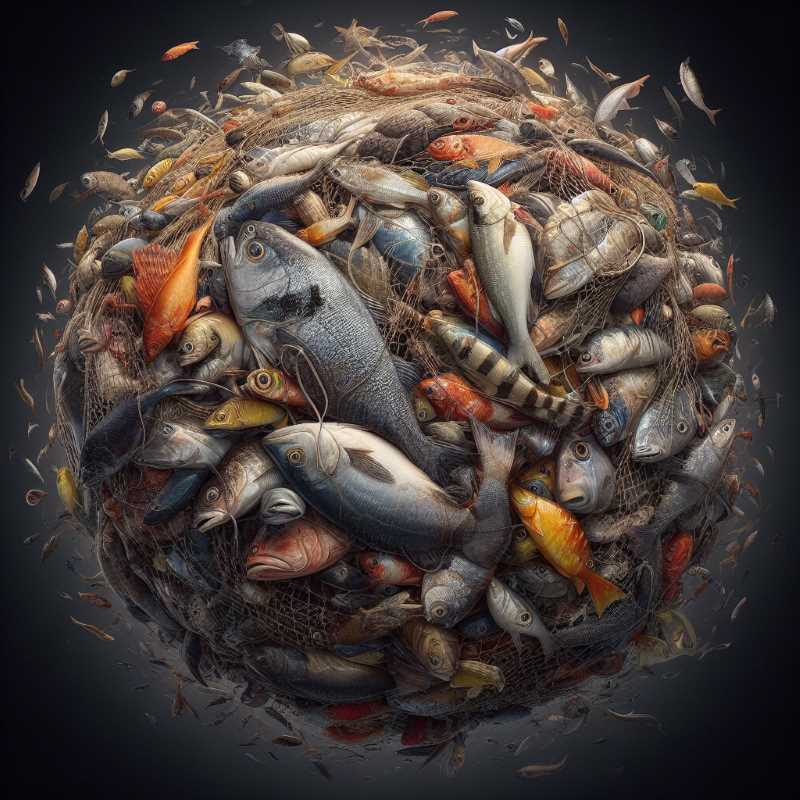The Fight Against Illegal Fishing in Mexican Waters
Illegal fishing plunders millions of tons yearly, threatening both species and seafood safety. Mexico, with its rich marine life, faces this scourge too. To fight back, we need strong institutions, informed consumers, and “traceability” systems that reveal a seafood's true story.

The vast ocean, once our boundless bounty, whispers a darker tale today. In its depths lurks a threat, not from nature's fury, but from the greed of mankind: illegal, unreported, and unregulated (IUU) fishing. This insidious practice casts a long shadow on the future of our seas and the delicate balance of marine life.
Dr. José Manuel Crespo Guerrero, a researcher at the UNAM Institute of Geography, paints a stark picture of IUU fishing's impact. Globally, it steals 11 to 26 million tons of fish annually, a silent plunder worth $10 to $23 billion. Worse, one in five fish on our plates might bear the invisible taint of this illegality, making us unwitting accomplices in a drama that endangers both species and consumers.




